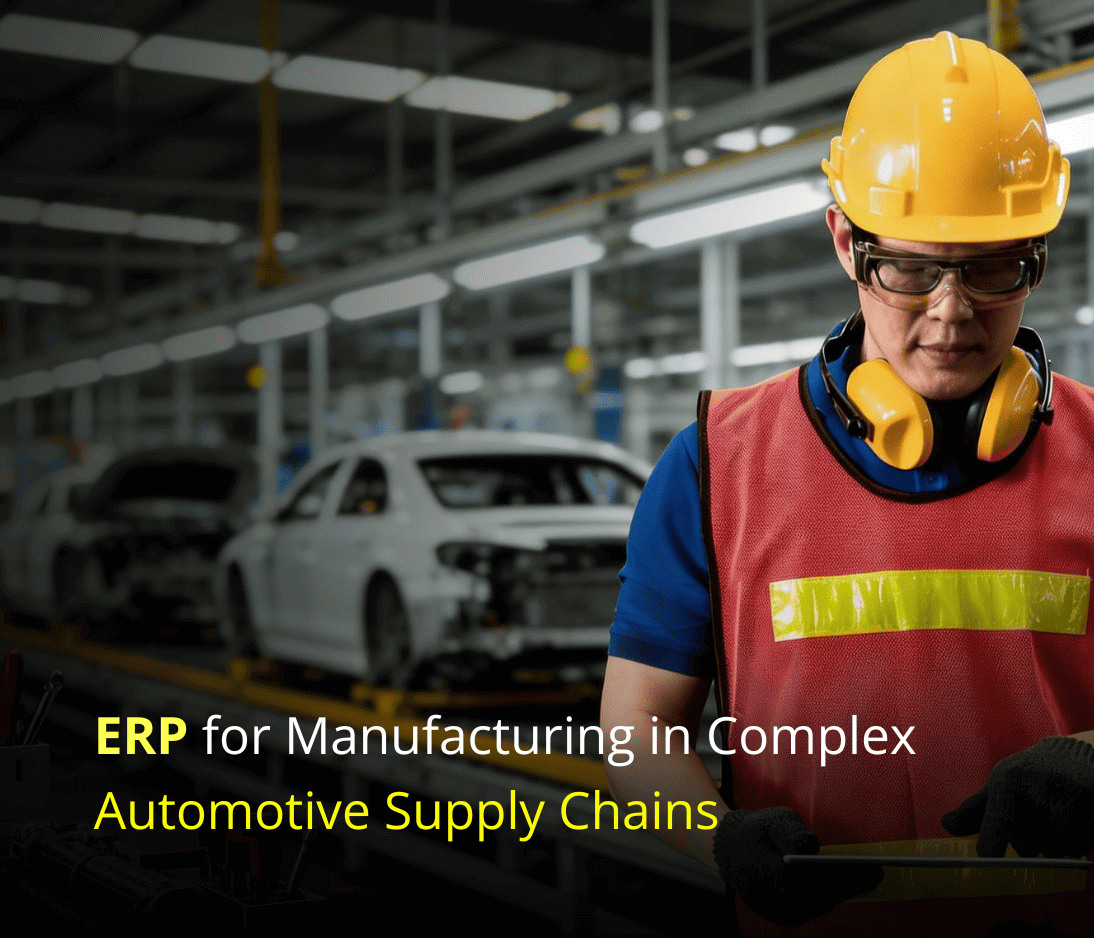"Over the next few years every app, application and service will incorporate AI at some level"
- By Gartner
Let’s take a closer look at the impacts of AI-run ERP systems on logistics companies and the improvement we can expect to see in the operations.
Improve productivity with superior business insights
Logistics businesses involve numerous complex processes. The adoption of AI technology enables organizations to gain greater insights into the wide range of business aspects including supply chain management, warehouse, inventory, and more. It provides unmatched analysis of all operations, which, in turn, helps companies to identify the factors and issues that affect their business performances.
While supervised learning improves the capability of organizations to detect and determine fraud, it also helps in making informed predictions. Also, AI-enabled ERP systems supply real-time data, reinforcement of which can facilitate effective decisions making that can significantly speed up the process.
Data-driven and autonomous supply chains and logistics operations impact business optimization to the level that was previously unimaginable.
Tackle unforeseen circumstances
Logistics and supply chain industry is riddled with uncertainty. Every business out there, at some or other point of time, had to deal with it.
Earlier, technologies were not advanced enough to deliver the true value as they were inefficient to take into account wide variety of factors like change in customer demands, staff inefficiency, warehouse wastages, and similar ones that have potential to affect the company’s workflow.
Introduction of AI-run ERP applications improved forecasting capabilities. These systems enable organizations to keep track of past concerns, identify repeated trends, and make more accurate predictions about the forthcoming periods. This awareness helps businesses to be prepared and prevent unforeseen circumstances.
Enhance customer experience through information
Keeping track of customer information is challenging, majorly for bigger organizations as well as companies that see a surge in this data from multiple resources. Logistics businesses need to ensure that address and other customer details are accurately captured to avoid any anomaly in the delivery. In fact, the growth of these businesses greatly depends on this operational accuracy.
Without the aid of advanced technology, managing massive data is near impossible. Furthermore, mishandling can lead to losses. AI-run ERP systems have capabilities to seamlessly integrate multiple applications and streamline information. Better access to customer data enables logistics providers to personalize services, which improves customer relationship and enhances their experience.
"The ability to use AI to enhance decision making, reinvent business models and ecosystems, and remake the customer experience will drive the payoff for digital initiatives through 2025"
- By Gartner
Effective supplier relationship management
Supplier-related risks are a considerable concern for logistics businesses. Mistakes made by them can cost a company’s reputation.
AI integrated business software allows organizations to capture information about every supplier, monitor and analyze their performance objectively. The tool generates reports based on the past performance of the suppliers, prices quoted by them, etc. This helps them to formulate strategies and make the right decisions while choosing their suppliers.

Manage all third-party transaction
Logistics companies often rely on multiple third-party service providers to operate their core functions. So, it becomes necessary for them to effectively maintain all financial transactions such amount billed, payments received or due, and other accounting information. AI can capture all these data automatically, further enabling users to process or extract them as and when needed.
Hands-free ERP handling
AI-enabled applications work on voice-based commands. Combining AI with ERP empowers the systems to function beyond generic touch or typing. It allows users to gain an edge over the ERP systems in controlling them while doing other work. Simply voicing out the tasks is enough to make the system perform it with accuracy.
Work-site productivity is important considering the fact as companies depend on this to improve growth and enhance profit.
Artificial intelligence is seen to be taking shape in business management software and Focus Softnet is ready to support the cause. We have introduced AIFA Focus, a smart virtual assistant to make monitoring and managing operations easier. Ask your business queries and it will tell you all. Click here to know about the benefits that AIFA Focus brings along.









